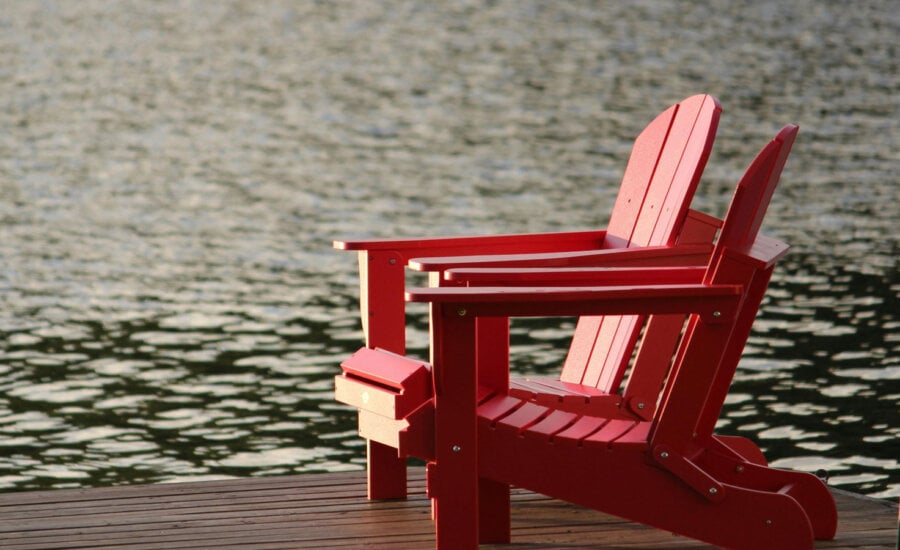Yes, a cottage is an investment property—here’s how to minimize capital gains tax
Should you “invest” in a cottage? And if you do, what happens when you sell it, give it away or share it with family?
Advertisement
Should you “invest” in a cottage? And if you do, what happens when you sell it, give it away or share it with family?

From an emotional standpoint, owning a cottage seems like one of the “easier” assets to manage. Even the idea of Muskoka chairs on a deck slackens my posture. But like owning bonds, stocks and, yes, a home, there are financial risks and tax implications with holding a vacation home. Here, I outline some of the most-read pieces by popular MoneySense columnist and Certified Financial Planner Jason Heath. He tackles the tough questions around cottage ownership and how it can have on your finances—taxes included.
You don’t need me to explain the personal perks of having a vacation home or a cottage. But to many people, a cottage is also an investment. There are costs and hopefully returns, especially if you decide to rent it out. If you plan to buy, find out what you need to pay beyond the listing price and how you might finance the purchase.
Read: Is a vacation home a good investment?
Sorry to be the bearer of bad news, but there isn’t. There was once a lifetime capital gains exemption of $100,000, but that no longer exists. It only applied in Canada from 1984 to 1994. There are other ways to minimize taxes on the sale of a cottage, though. What about selling to a family member: Can you avoid taxes that way? It depends on a few factors, such as the relationship, if the second property can be claimed as a principal residence, and more.
Read: Can I sell my cottage tax-free?
Read: Selling a cottage to a family member: What that means for capital gains
The short answer: It depends on your relationship to the person who owns it. Are you an extended family member? Their adult child? Or are you their spouse? Find out how inheriting a cottage can affect taxes for a spouse with children and the steps to take to minimize what’s owed.
Read: Inheriting cottage and the capital gains implications
This next article goes through the multiple factors that can influence how you plan for capital gains on family-owned cottages, including:
Different circumstances require different documents, of course, but knowing what you need can save time and money later when you transfer the name of the property.
Read: Reducing capital gains on the sale of a cottage
Not every cottage receipt can be used to lower any capital gains. The Canada Revenue Agency (CRA) defines a “capital expense” specifically as a cost that:
Read: Tax deductible expenses when selling a cottage in Canada
Share this article Share on Facebook Share on Twitter Share on Linkedin Share on Reddit Share on Email